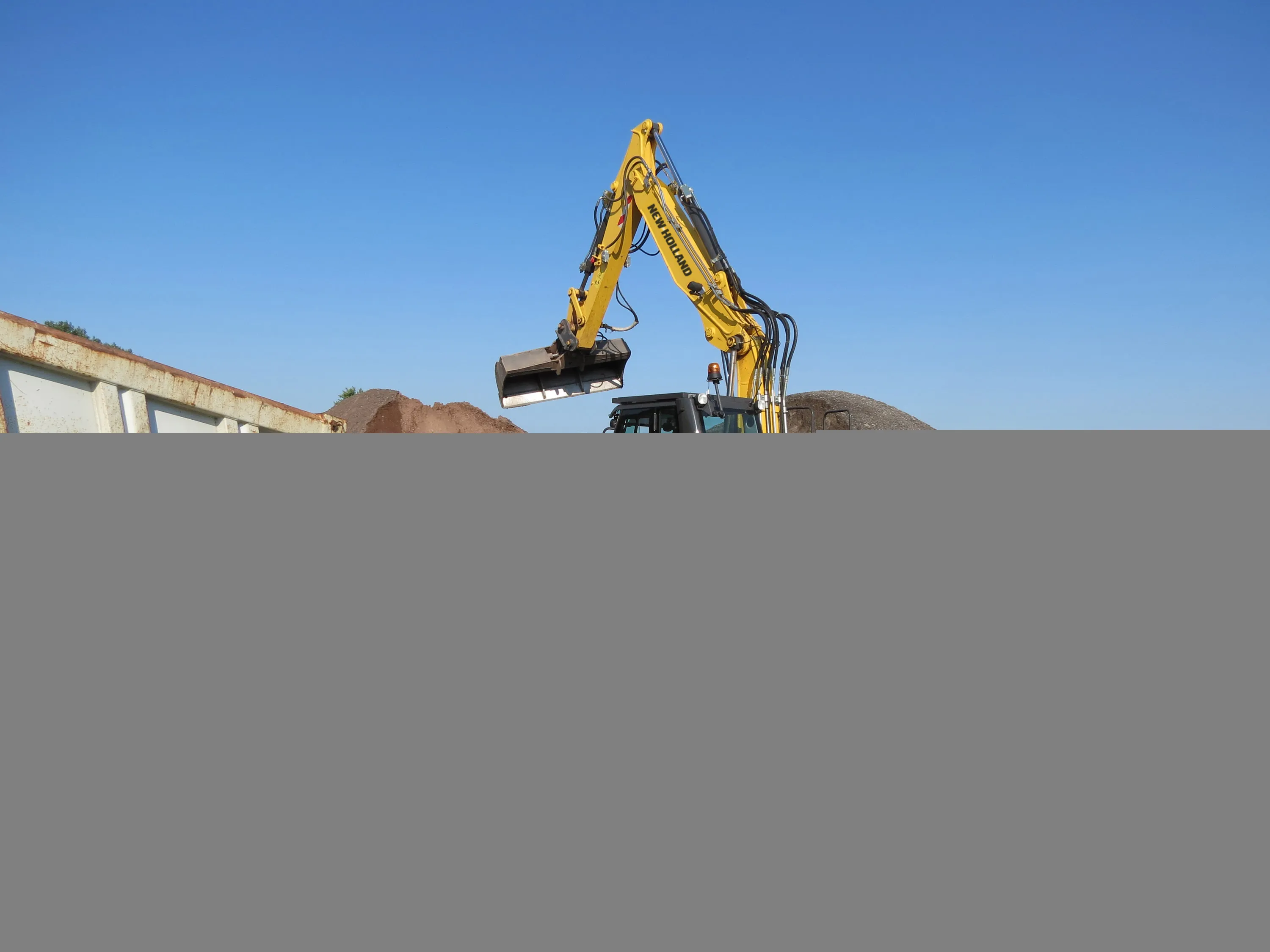A €150 million budget has been set aside by the Moldavian Ministry of Transport and Road Infrastructure for upgrades to 200km of the country’s major highway links. The funding is coming in the shape of a loan from the European Bank for Reconstruction and Development (EBRD). In addition the US Government’s Millennium Challenge Corporation (MCC) is investing a further US$132 million in its Moldovan Compact agreement. The EBRD loan will be used to improve sections of the R33 Hincesti-Lapusna-M1 road to the Rom
September 11, 2013
Read time: 2 mins

A €150 million budget has been set aside by the Moldavian Ministry of Transport and Road Infrastructure for upgrades to 200km of the country’s major highway links. The funding is coming in the shape of a loan from the 1166 European Bank for Reconstruction and Development (EBRD). In addition the 908 US Government’s 2707 Millennium Challenge Corporation (MCC) is investing a further US$132 million in its Moldovan Compact agreement. The EBRD loan will be used to improve sections of the R33 Hincesti-Lapusna-M1 road to the Romanian border, the R14 Balti-Sarenteni transport link between the capital Chisinau and Moldova’s second largest city Balti, the R9 Soroca-Arionesti road in the north of the country and the R34 Hincesti-Leova-Cantemir road in the south. The loan will also help to fund the new 17km M3 Slobozia Mare bypass. Meanwhile the US funding will be used to improve 93km of the M2 and R9 roads between Sarateni and the city of Soroca. The work is being carried out by a consortium comprising contractors from an array of countries.






